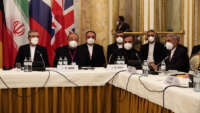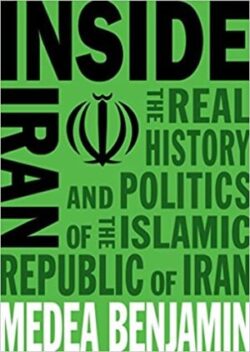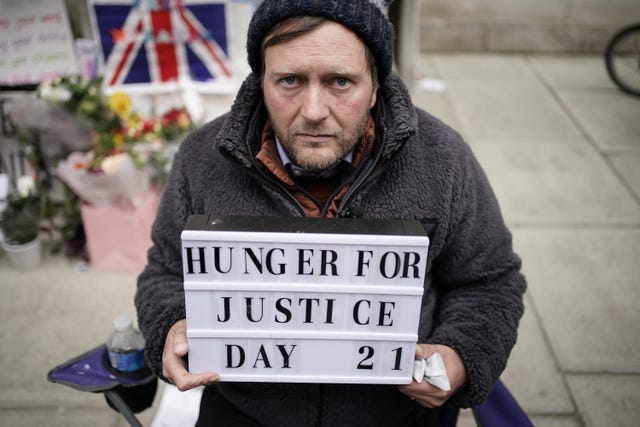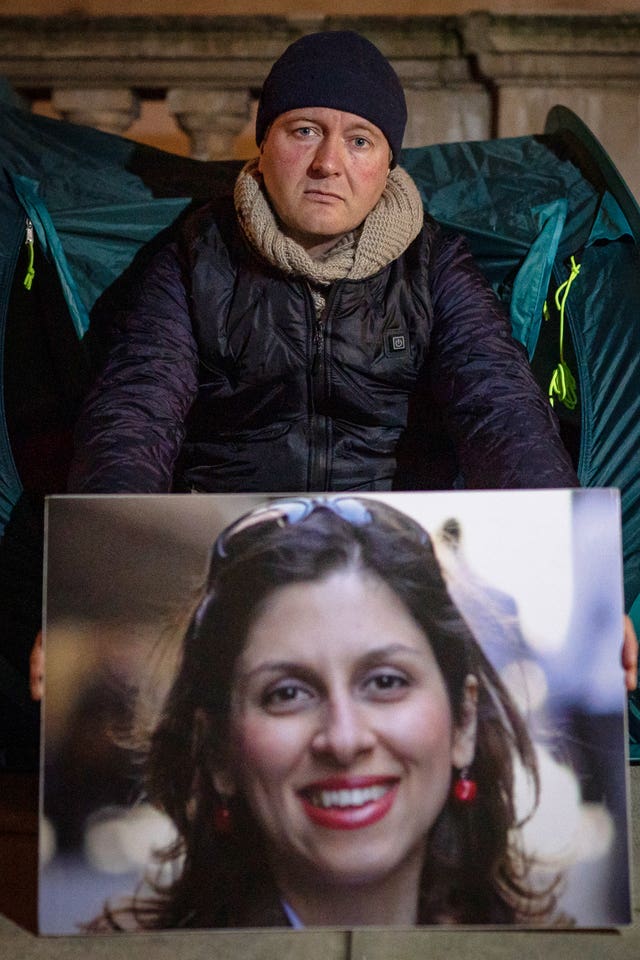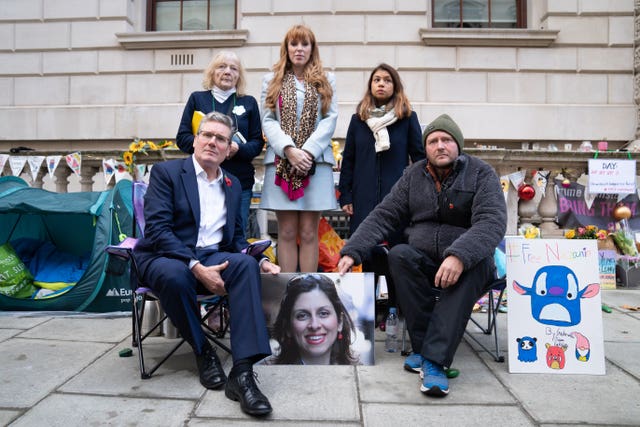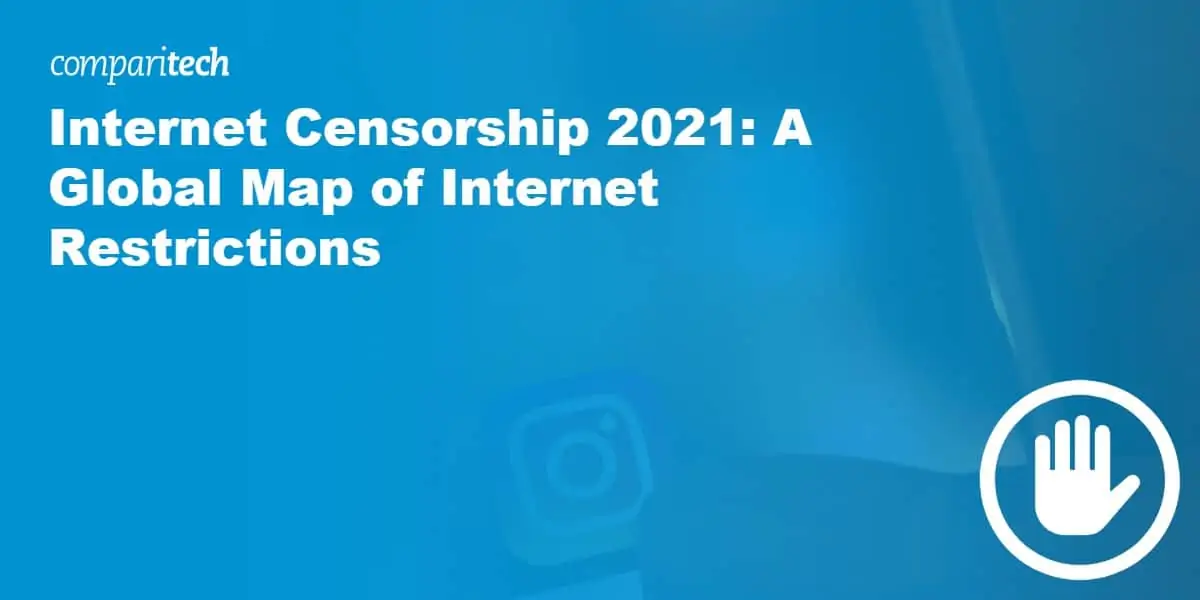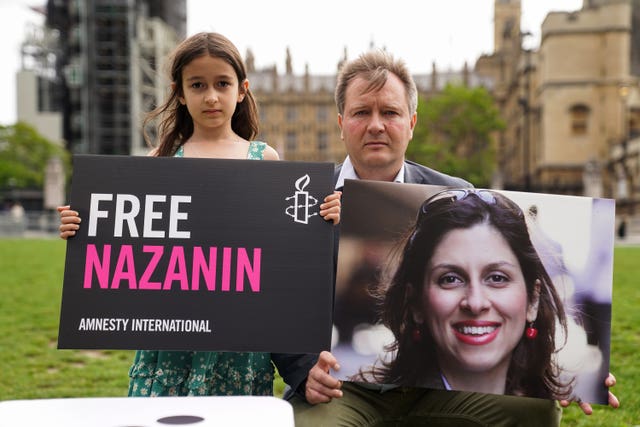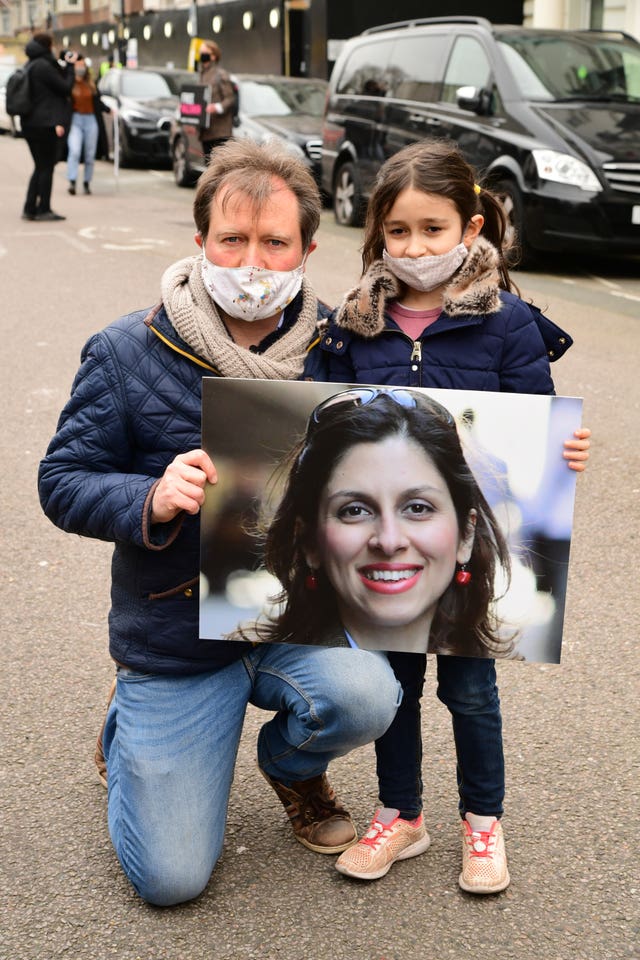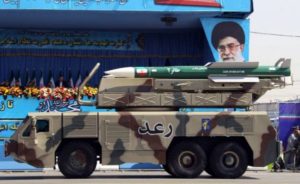 In 2015, the United States signed what is popularly referred to as the JCPOA (the joint comprehensive plan of action) a deal involving Iran and the P5+1 (China, France, Germany, Russia, the United Kingdom, and the United States) designed to limit the capacity of Iran to develop nuclear weapons. In exchange for their signature, the sanctions that has been applied to Iran were meant to be lifted. That did not happen, and in 2019 the Trump administration cancelled the United States involvement in the agreement.
In 2015, the United States signed what is popularly referred to as the JCPOA (the joint comprehensive plan of action) a deal involving Iran and the P5+1 (China, France, Germany, Russia, the United Kingdom, and the United States) designed to limit the capacity of Iran to develop nuclear weapons. In exchange for their signature, the sanctions that has been applied to Iran were meant to be lifted. That did not happen, and in 2019 the Trump administration cancelled the United States involvement in the agreement.
The new Biden administration, which took office in early 2021 had promised during the election campaign to re-join the JCPOA. This has not happened. In fact, the Americans have issued fresh demands seeking to limit Iran’s development of other missiles that it sees is essential for its defence. The various parties have been meeting in Vienna, but the new Iranian government, notably more hard-line that its predecessor, has been reluctant to amend the terms of the original deal. Frankly, who can blame them.
The purpose of the negotiations is ostensibly to prevent Iran from developing a nuclear weapons capacity. Their current level of uranium enrichment puts them within a very small margin of achieving a nuclear capacity. This is a development that has caused considerable concern in the Middle East, not least among members of the Israeli government.
It is one of the great hypocrisies of the present situation that Iran, which is under constant attack by the Israelis, including the murder of nuclear scientists, is expected to remain silent in the face of that constant Israeli attack, and do nothing to protect yourself from the ongoing Israeli onslaught.
The other great unmentionable in this whole scenario is the fact that there is already a nuclear armed state in the Middle East, and that is Israel. It is one of the enduring mysteries of Middle Eastern politics that one is supposed to see a potentially nuclear armed Iran as a threat to peace and stability, yet ignore completely the fact that a nuclear armed Israel is able to blindly continue its murderous policies.
Israel has not signed any nuclear non-proliferation treaty, and officially does not acknowledge the fact that it is a nuclear armed nation. It presumes to itself the right to criticise Iran, indeed take active steps against that country, without ever acknowledging the truth of its own position. The word hypocrisy does not seem strong enough to convey the reality of this situation.
If Iran does not sign a new deal and promise, inter alia, not to develop nuclear weapons, then there are many commentators that see at least one inevitable consequence of that refusal being a United States (and Israeli inspired) attack upon Iran. Such an attack, apart from its obvious Israeli self-interest, would be completely illegal.
Even the concept that the United States and/or Israel would be entitled to take matters into their own hands and attack Iran beggars’ belief. That such an attack would lead to a massive Iranian counter-attack is without question. Even without nuclear weapons, the Iranian Armed Forces are well equipped with the conventional means of inflicting huge damage on United States and Israeli assets throughout the Middle East.
Neither the United States nor Israel is well equipped with assets in the form of friendly states throughout the Middle East. It is difficult to see that any attack on Iran would enhance that circle of friends, and indeed it is likely to have the opposite effect.
Iran on the other hand has powerful friends in the region and beyond. It can count on the support of Lebanon, Iraq and Syria for starters and it is difficult to see even Saudi Arabia willingly joining the Americans/Israelis in an attack on Iran. The Saudis and Iranians have recently been having talks and Saudi Arabia’s association with the Shanghai Cooperation Organisation, which Iran recently joined as a full member, has been a factor in that rapprochement.
The other major factor in this equation is the position of both Russia and China. Both countries have recently made significant financial investments in Iran and neither are likely to sit idly by in the face of a United States and/or Israeli attack upon Iran. This is one of the most important factors in the changing balance of power in the Middle East. It is surprising that it has received so little attention from other commentators, yet in my view it is the single most important factor affecting the balance of power in the region.
Of course, such an analysis assumes that people will behave rationally. Such an assumption cannot be made about either the Israelis or the current United States administration. The former has literally gotten away with murder in recent years, and its defiance of international law is unparalleled in the region. One has only to cite the example of the stolen Syrian Golan Heights to make the point.
Numerous United Nations resolutions have been simply ignored as Israel has simply felt that it had United States backing, regardless of how egregious its actions. The former United States president Donald Trump only emphasised the point when he recognised Israeli control of the Golan Heights making it Israeli territory.
It is also a fact that the current United States foreign policy is firmly in the hands of the neo-con element within the Washington power structure. The animosity of this group to Iran (and indeed Russia and China) needs no reiteration. Their failure to recognise the realities of fading United States power could be a mistake that leads us all to a nuclear war. Russia and China’s support for the Iranian government makes that prospect more likely.
One would like to say that the prospects for a peaceful resolution of the Iran situation is likely. Unfortunately, that view would betray a failure to understand that the combination of Israeli arrogance and United States unwillingness to accept that the world is changing to its disadvantage is a reality we must all learn to live with. The failure to realise that reality could literally be fatal.
The post United States and Israeli Intransigence vis-à-vis Iran first appeared on Dissident Voice.This post was originally published on Dissident Voice.
